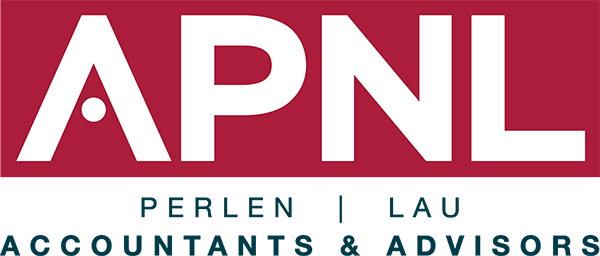I am making a profit but where does all the cash go?

.
An accountant will often say this ‘problem’ is hard to explain and understand, but that the answer is usually quite simple. The following seeks to set out some of the reasons why you might be suffering from this perceived problem.
Profit versus Cash Flow
Firstly, let’s get some basics out of the way and look at what profit and cash flow actually are. It seems too many small business owners find these two confusing.
In its simplest form, profit is what is left over after subtracting your expenses from your revenue (sales). A simple Profit & Loss report in an accounting package clearly gives this information. However, comparing sales and expenses every now and again on a piece of paper can be far more confusing. Profit is usually the first number a business owner will look at to determine if all the effort they put in is worth it. It is also the number, with some adjustments, that you pay tax on.
On the other hand, cash flow refers to the balance of cash moving in and out of a business. If more cash comes in, then you have a positive cash flow and vice versa. While maybe not as eye catching as a good net profit, cash flow is just as important, if not more so. The time it takes for your clients to pay is critical to cash flow.
There may only be a subtle difference when looking at profit compared to cash flow and they can often reflect each other, but this isn’t necessarily the case and high profits don’t always produce positive cashflows. One isn’t more important than the other, but managing both well is essential to running a successful business.
Why the difference?
There are some key differences between profit and cash flow that usually explains why they aren’t the same. Here are some examples of where these two differ:
- Profit is usually reported when sales and expenses are accounted for, not paid.
- The accounting or tax treatment of a purchase may not reflect the cash paid for it. For example, asset purchases may be depreciated meaning only a portion of the purchase cost is deductible each year.
- Timing and payment of PAYGW, super and income tax. For example, profit may be looked at every month but BAS is paid every quarter. This situation can be misleading and frustrating when decisions such as spending are made.
- Borrowing for purchases may mean that an expense is claimed but the cost of it is paid off over a period of time. On the other hand, a business can claim the interest on business loans and that can be a big help.
- Personal capital introduced and drawings taken out aren’t included in the profit but do impact the cash flow of the business. This is where a business owner has to be weary. Taking money out in drawings has to be controlled as it is quite easy to take too much cash out in this way, meaning business expenses can be harder to pay.
Having your business’ funds at your fingertips can make it too easy to withdraw money out at any time to meet your personal needs. While this may sound self-explanatory, many small businesses fall into this trap. To help avoid this trap:
- Separate business and personal spending. Credit cards are good for this provided they are paid off in full every month.
- Set up a regular transfer to a personal account for your everyday living costs.
Taxes and Super
Knowing when your tax and employee obligations are due to be paid will allow more effective planning and budgeting for your business. With the different timings of when all these payments are due, it can be easy to lose track. To assist in managing your tax and super obligations:
- Set up a savings account to transfer funds into, in preparation for making these payments and lessen the blow of a big tax bill.
- Try to keep track of your possible taxable income during a financial year. This will help you manage expenses and investments, as well as keep you abreast of possible tax bills you need to pay in the future.
Excessive Debtors
Slow customers payments will negatively affect your business’ cashflow. Fortunately, there are ways that this can be avoided:
- If your payment terms to customers are too generous, look to reduce this period. For example, rather than allowing 30 days for payment, reduce this to 7-14 days.
- Implement processes for effectively tracking and following up on outstanding debts such as monthly reconciliations or limits on accounts.
- Analyse your customer payments and maintain a good ratio of good pays to bad. This way you can focus on the latter or even identify those you will cease dealing with as the risk to you is too high.
New Business and Expansion
If you are just starting a business or looking to expand, it is inevitable that you will be experiencing higher cash outgoings. This can be good in the long run but understanding and managing your cash flow during this period is extremely important.
- Prepare a budget and work with it on a regular basis. Don’t go blindly into anything new.
- Be careful of how much you borrow and don’t over-extend yourself whether borrowing from a bank or using personal funds. If you can’t sustain high enough sales to meet your debt obligations issues will arise.
The differences between profit and cashflow can easily be misleading when managing the operations of your business. In brief, best practise is to plan in advance for the upcoming costs and monitoring cash flow regularly.
Acctweb
